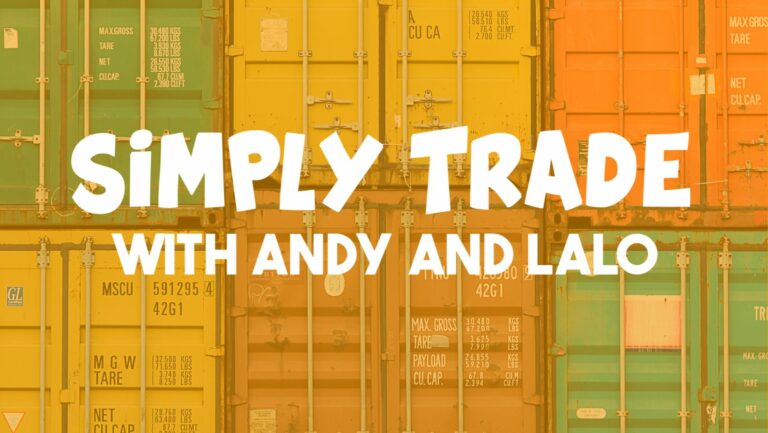How to Become an Exporter in 5 Simple Steps
How to Become an Exporter
We are often asked where to begin the process of getting into the import export business. Most of our clients are either practicing trade compliance or are working for an existing company and not tasked with establishing a program. However, for those of you who are looking to start an export business, we have developed a few tips that can help you on your way.
Whether you have a very specific item you want to sell, or you are generally interested in the export business, there are a few basics you need to know. Besides the steps required in exports goods, there are some rules and laws that also apply.
Laws and regulations are put in place for everyone’s good, including the environment. While expanding your markets is always great for your business, you need to be well informed on the rules.[/vc_column_text][vc_column_text]
Becoming an Exporter in a Few Steps
There is going to be a lot to know and it will be an ongoing education as rules, laws and standards continually change. This is due to a country or state imposing new laws or restrictions.
Step One: Understand your Product
The first step to becoming an exporter is self-education. Even if there is a demand for your product, you need to understand any laws restrictions there may be. There may already be plenty of local merchants and manufacturers selling this particular item. Many countries will have guidelines encouraging people to buy local.
It’s important to know what your product is made from. There could a particular substance that is banned or considered dangerous in a different country. While these restrictions will be clearly stated for each country, state and region, it’s up to you to learn them.
You should also know this because your product must be classified with an HTS number (Harmonized Tariff Schedule). This classification determines the duties for your product entering a specific country. This can affect your bottom line because it can be a factor in exporting to certain regions.
Step Two: Know The Other Exporters
Knowing who else is exporting in your area and who may be selling a similar or same product. This will help you know if there is a market for you and your product. It’s also helpful to make contacts with other exporters. It’s a great way to share information and build your business before becoming an exporter.
Sharing information is vital and one of the easiest ways to stay informed. Rules can change all the time and each country you are dealing with won’t always feel the need to inform you. An online communication forum or outlet can save countless headaches.
Step Three: License and Registration
Before you start shipping off your goods, you need to find out all the necessary paperwork involved and needed. These will start with getting an export license. You need to know if you need a license for each country you plan on shipping to.
The company needs to be registered. Again, there will be different regulations for different countries, so these all need to be in place before you start. This will also include setting up a website.
As each country has different regulations, each state may, as well. Find out what can and can’t be sent from your state. You need to know this before you start out.
Step Four: Transportation
This will depend largely on your product. Typically, the product will be sent from the factory to a warehouse or holding center where you are exporting to. Price is an obvious factor but so is the product.
There may be limitations on the product, or its components being shipped a certain way. You need to have all the necessary licenses, insurance, permits, tariffs all in place before it gets sent.
Being on top of all these things saves time and money. You don’t want the risk of having the product held for long periods of time, refused or sent back. This can take up a lot of time and the cost is something you can simply do without.
Step Five: Stay Informed
By continually reading and attending local seminars, you and your team will make your life and work much easier. Stay on top of all the trade regulations, both in your country and those you trade with. These restrictions can and do change at any time. Education as an exporter is ongoing.
Understanding the basics is the basics is key for your exporting business. Keeping in mind, every time you acquire a new customer to export to, you need to understand the laws and regulations that apply to them. There are always going to be different laws between countries, states and it’s vital you are well informed.
If you are just getting started, we have a great Basics of Exporting course you should look at. Otherwise, we have a wide variety of courses to offer; seminars, webinars, on-demand, and private sessions are available. Feel free to contact us for more information or to enroll in any of our classes. We have first-hand knowledge and trained, experienced professionals to help you get the best education and help you get started in the right direction.








